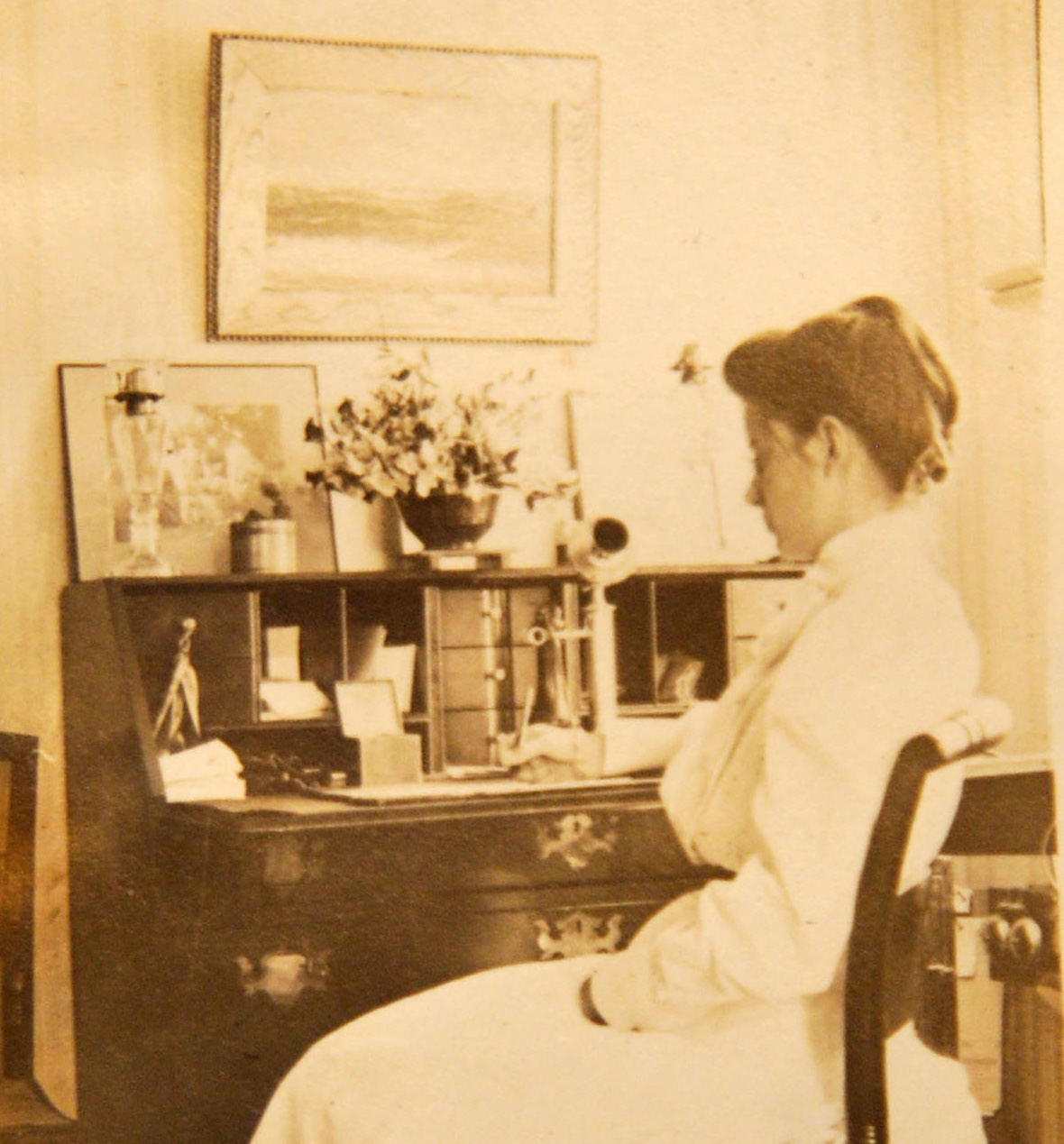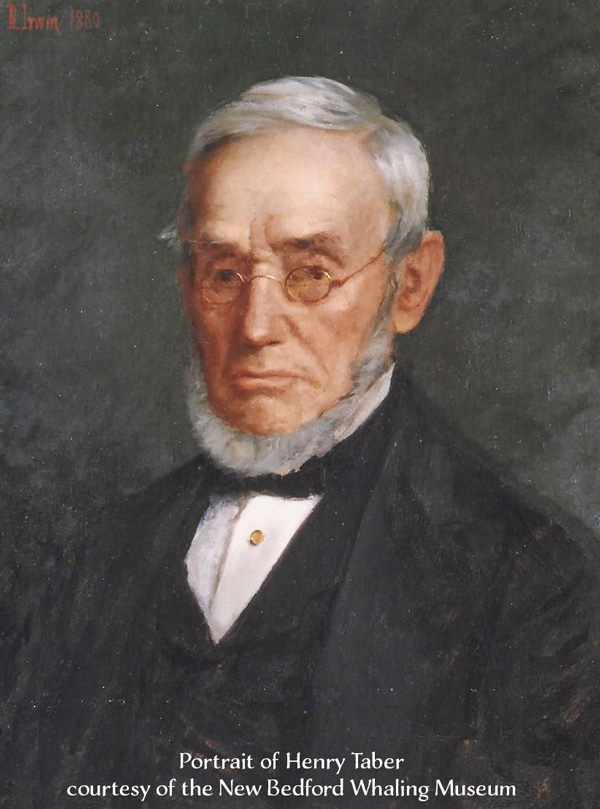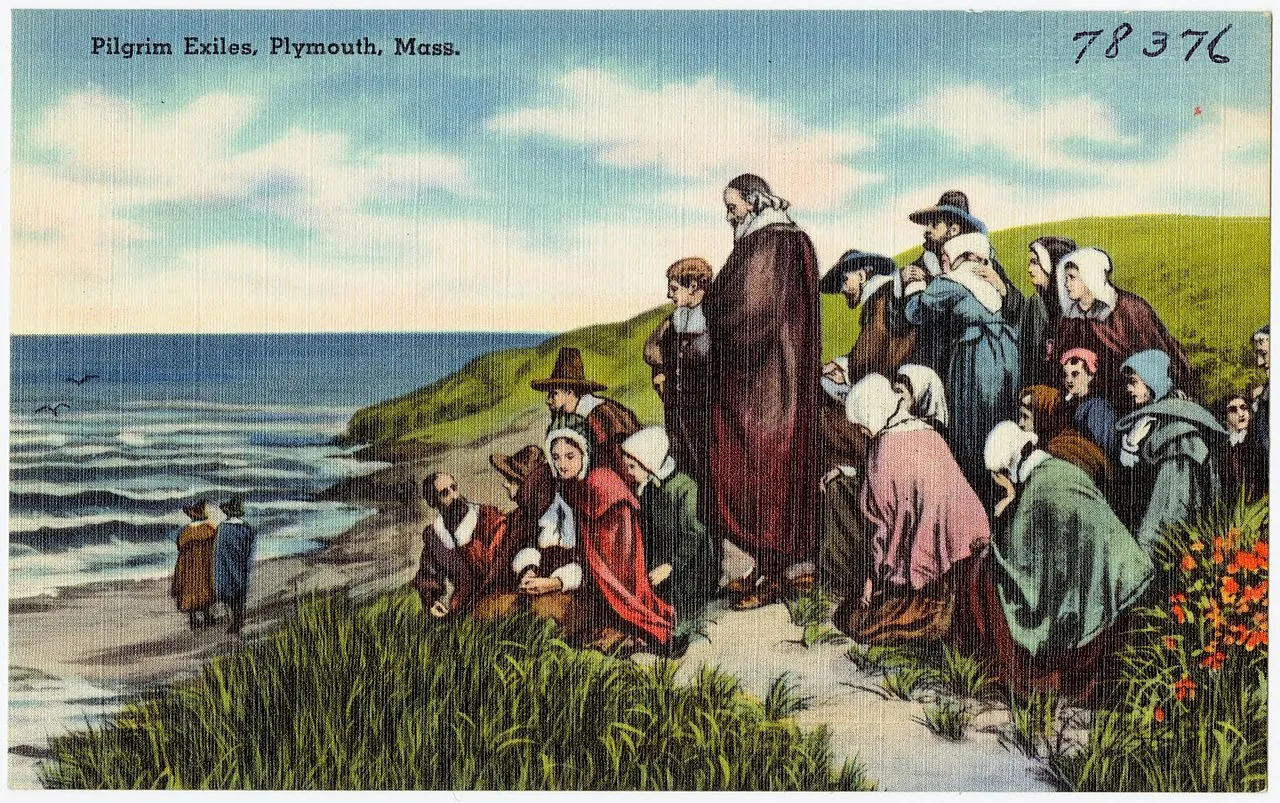Dear Grandpa Francis and Cousin Philip: I am writing to you to introduce the legacies you have left in the close to 400 years since you arrived separately on the shores of North America—you, Grandpa, traveling with your oldest son, arriving on the Mayflower, and you, Cousin, traveling with your mother on the Fortune and arriving in the fall of 1621. Grandpa, you and your oldest son, Jacob, are my 9th and 8th great grandfathers. Your wife, sister to Philip’s mother, arrived on the Anne in 1623 with the remainder of your children. Philip, these connections make you my first cousin
Category: Letters to My Ancestors
Backstory:
I am in the early stages of a large project that involves researching my ancestors who arrived in the 17th century, their descendants, and their intertwined lives. I have also been studying creative non-fiction, where one suggested exercise was to write a letter to someone now deceased. I knew immediately who it would be and so I composed a letter to my 3rd great grandfather, Henry Taber. Subsequently, as I move forward with this project, I will draft letters to other ancestors whose story warrants a preliminary approach to their inclusion in the larger work. These letters to them will also provide an opportunity to draft initial thoughts on their stories. For me, these letters provide a gateway to this new project. For a reader, these letters may provide continuing interest in one of many extended families, in this instance, one whose roots were planted in the 17th century in what would become the United States in the late 18th century. While these letters will present the actions of the men and women of this large extended family, the stories of women will not simply focus on their efforts in raising children, keeping the families well fed and supporting their fathers, husbands, and sons. I was struck by the opening lines of a recently published Joy Harjo poem [1]
”In the lands of forgotten memories/I hear a woman singing”
and feel driven by the songs the women of these extended families sing to me over the centuries as I work to restore some of the forgotten or misplaced memories. And what I do with this extended family supplements what I did in archaeology—birds of a feather although with different feathers—prehistoric archaeology and centuries of family history joined closely by a strong interest in reconstructing some of the past. In my senior year of high school, I was writing a senior paper on three WW1-era poets and in another class reading Russian literature in translation. In the second class I found these short couple sentences from Yevgeny Yevtushenko [2]:
“We who knew our fathersin everything, in nothing.They perish. They cannot be brought back.The secret worlds are not regenerated.”
And so I wrote a poem, My Mother’s Mother, inspired by my grandmother’s recounting of an early incidence in her life when her father woke her to watch ‘untamed geese, arrow-strict, divide the night.‘ Although an early school-girl poem, I published it in the Epilogue to Agatha! Little did I know that I would work to regenerate past lives throughout my life.
Recently, I read a letter Ted Hughes sent to his son [3] which closed with this line, which speaks directly to what I am attempting:“And as the old Greeks said: live as though all your ancestors were living through you.”
I hope readers will take away the importance and value of both family and history, as well as, crucially, the part of the family in history.
[1] From “Sundown Walks to the Edge of the Story,” Joy Harjo, The New Yorker, May 9, 2022, p. 66.
[2] From “People” published in Yevtushenko: Selected Poems, Penguin UK, Jun 26, 2008.
[3] Letter “To Nicholas Hughes [Undated 1986]” from Letters of Ted Hughes selected and edited by Christopher Reid. Letters © 2007 by The Estate of Ted Hughes. Reprinted by permission of Farrar, Straus and Giroux.
Letters Available
Francis Cooke (1583-1663) and Philip Delano (1583-1663)
Sarah Gordon Hunt Snow (1860-1942)
Letters Planned
Constance Hopkins (1606-1677)
Jireh Swift(s) (1665 … 1965)
Abigail (1743-1831) and Stephen Hathaway (1743-1825)
Loammi/Loum Snow (s) (1779 … 2004)
Humphrey Hathaway Swift (1819-1911)
Abby Taber (1824-1906)
Horatio Hathaway (1831-1898)
Agatha Snow (1886-1963)
Deborah Snow Simonds (1921-2015)

May 22,2022 Version 2 (August 24, 2022) Dear Grandmother Sarah, I recently wrote a letter to your grandfather, Henry Taber, my 3rd great grandfather, and the father of your mother Abby Taber. Very recently I found some interesting information I hadn’t known about our family’s much longer-term connection to Little Compton. You may well have known it and I will get to that in a bit. But first, the naming conventions of the colonists and early Americans have long fascinated me and your name is a very good place to start, incorporating as it does pieces pointing to the extended family’s

Please excuse the informality—I write from the 21st century where life is much less formal. For some years I have had a small photograph of the wonderful oil portrait of you near me and wished so often we could speak. As I explore more about our extended family, I’ve been given an exercise that suggests I write to someone with whom I cannot speak. So, I took up the challenge.

